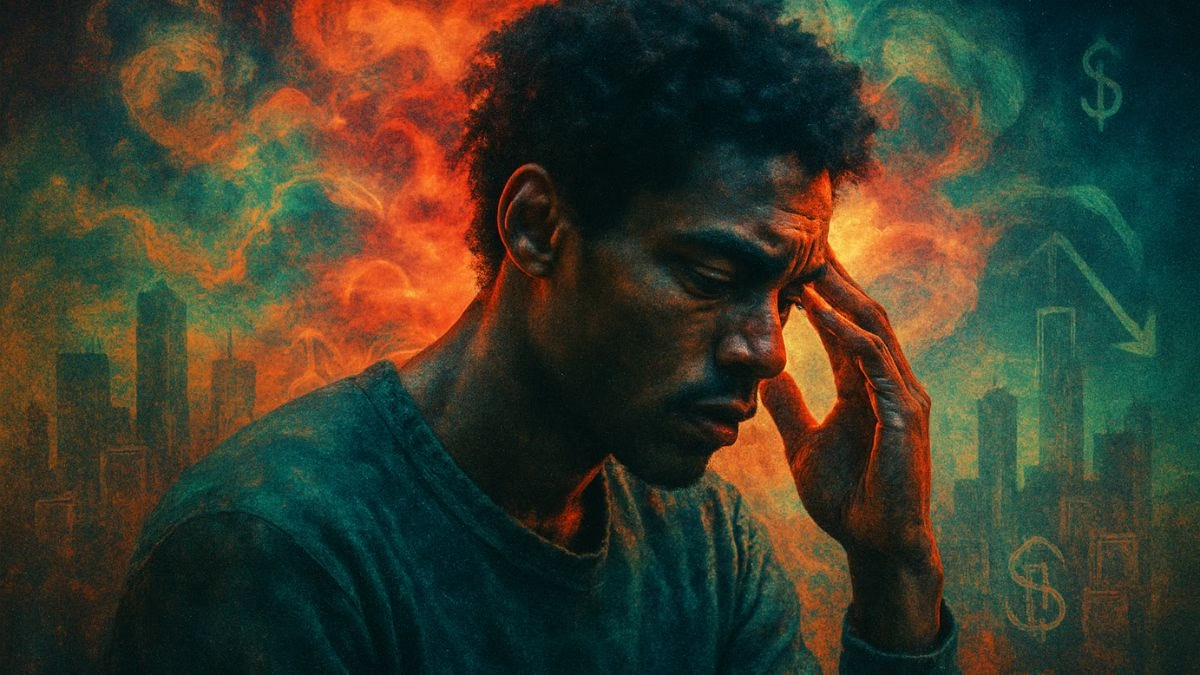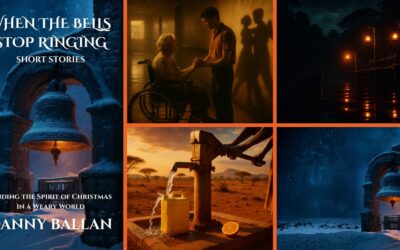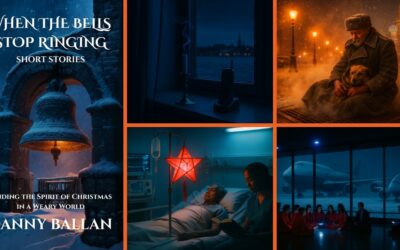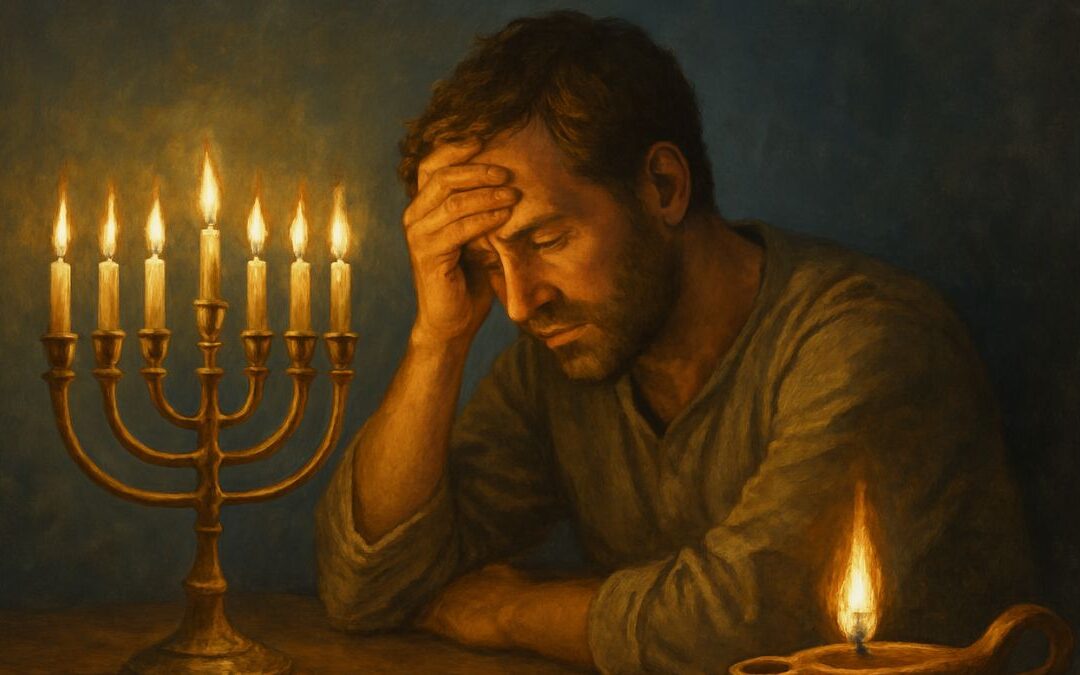When was the last time you truly thought about next year? Not just in a vague, “I should probably save more” kind of way, but in a concrete, daydreaming way. Where do you want to be in five years? What trip do you want to take? What skill do you want to learn? For many, these questions are a form of pleasant, low-stakes mental wandering. But what if that question felt as absurd as asking a drowning person what they’d like for dinner? This is the reality for millions of people, because poverty does more than just empty your wallet; it fundamentally hijacks your relationship with time. It steals your future, not by making it bleak, but by making it functionally invisible. The complex connection between poverty and time perception isn’t about a lack of willpower; it’s about the physics of survival.
There’s a concept in psychology called “tunneling.” Imagine you’re driving through a long, dark tunnel. Your entire focus narrows to that one small circle of light at the very end. You ignore the intricate brickwork of the tunnel walls, the hum of the engine, the song on the radio. Your brain, in its infinite wisdom, filters out everything that isn’t essential to the immediate, high-stakes task of getting through the tunnel.
Now, imagine that tunnel isn’t a road, but your life. Scarcity—the constant, grinding lack of resources—creates a cognitive tunnel. Your mind becomes laser-focused on the immediate crisis. The rent that’s due on Friday. The empty refrigerator. The car that’s making a funny noise that you absolutely cannot afford to fix. The overdue utility bill with the bright red notice. These aren’t just worries; they are the all-consuming, immediate threats that fill your entire field of vision. Everything else—your five-year plan, your dream of going back to school, even your kid’s soccer game next month—disappears into the darkness on the periphery. It’s not that you don’t care about those things. It’s that you literally do not have the mental bandwidth to process them.
For those with a degree of financial security, time is often experienced as a coherent narrative. There’s a past, a present, and a future. The past is a library of experiences and lessons you can draw from. The present is a space for action and management. And the future is a landscape of possibilities that you can plan for and build towards. It’s a road that stretches out before you, with twists and turns, sure, but it is, for the most part, a visible path.
Poverty shatters that timeline into a million disconnected pieces. It fundamentally alters the texture of each of these temporal states.
Let’s start with the present. For someone trapped in the tunnel of scarcity, the present isn’t the calm, mindful “now” that wellness gurus are always telling us to embrace. It’s a frantic, tyrannical “now.” It’s an endless series of fires to be put out. It’s a relentless game of whack-a-mole, where every problem you solve is immediately replaced by another. This state of perpetual crisis management is exhausting. It eats up every ounce of your cognitive and emotional energy. Your brain’s executive functions—the very skills needed for long-term planning, impulse control, and complex problem-solving—are completely hijacked by the immediate need to survive. We tell people in poverty to make better long-term choices. That’s like telling someone who is actively on fire to sit down and calmly fill out their retirement paperwork. The vessel for making those choices, the calm and focused mind, is already consumed.
Then there’s the future. In this state of perpetual nowness, the future becomes an unimaginable luxury. It’s an abstraction you can’t afford. How can you possibly think about saving for retirement when you don’t know how you’re going to buy groceries for the rest of the week? How can you map out a career path when your only goal is to find a job—any job—that will cover next month’s rent? This isn’t a failure of imagination or a lack of ambition. It is a pragmatic response to an overwhelming reality. The future is a privilege of the stable. It requires a baseline of security upon which to build your dreams. You cannot architect a skyscraper on quicksand. For someone in poverty, the future isn’t a hopeful horizon; it’s a blank, gray wall just beyond the immediate chaos of today.
Even the past changes. For many, the past is a source of nostalgia, of lessons learned, of fond memories. But when you’re living under the weight of scarcity, the past is often not a source of comfort but a source of pain. It becomes a ledger of debts, both literal and metaphorical. It’s a highlight reel of bad breaks, of choices made under duress that led to more hardship, of opportunities you couldn’t take because you lacked the resources. The past isn’t a warm blanket; it’s a heavy chain. It’s the ever-present reminder of the bills you haven’t paid, the relationships that fractured under financial strain, the shame of having to ask for help. It doesn’t inform the present with wisdom; it haunts it with regret.
To live without a tangible sense of “later” is to be robbed of a fundamental part of the human experience. It is to be robbed of hope. Hope is not just a feeling; it is the act of projecting yourself into a better future. It is the engine of aspiration. When you can’t see a future, you can’t work towards it. The motivation to endure today’s hardship for tomorrow’s reward evaporates, because tomorrow doesn’t feel real. This is one of the cruelest, most invisible cages of poverty. It locks people in the present, not with bars, but with the relentless pressure of immediate need.
This is why so many well-intentioned programs and pieces of advice miss the mark entirely. Financial literacy classes are great, but they’re useless if a person’s entire mental RAM is taken up by the panic of an impending eviction. Telling someone to have a more positive mindset is a profound insult when their reality is a constant barrage of negative inputs. It’s a form of toxic positivity that completely ignores the cognitive reality of their situation.
So, what does this mean for how we approach helping people? It means we have to understand that when we provide stability—whether it’s through stable housing, reliable food assistance, or a living wage—we are giving them something far more valuable than just resources for today. We are handing them back their future. We are clearing the fog. We are giving them the mental breathing room to lift their head from the crisis of the moment and see the horizon again. You’re giving them the cognitive and emotional gift of being able to think about next week, next month, next year.
Giving a family enough support so they aren’t constantly worried about their next meal isn’t just about nutrition; it’s about freeing up the mental space for a parent to be able to help their child with homework, to think about that child’s future, to be present. Providing a stable income doesn’t just pay the bills; it allows a person to finally fix that rattling noise in their car without having a panic attack, to maybe sign up for a community college course, to begin to dream again. It’s about restoring their agency over their own timeline. It’s about ending the tyranny of “now.”
The greatest gift you can give someone trapped in the tunnel isn’t a map of the world outside; it’s a safe path out of the tunnel itself. Once they are in the light, they can draw their own map.
So, I’ll ask you to think about your own life. How much of your ability to plan, to dream, to hope, is built on the quiet, often invisible foundation of a stable present? What small piece of your future are you taking for granted today? And what would it take for us, as a society, to start seeing stability not as a reward for success, but as the basic human right that allows for a future in the first place?










0 Comments